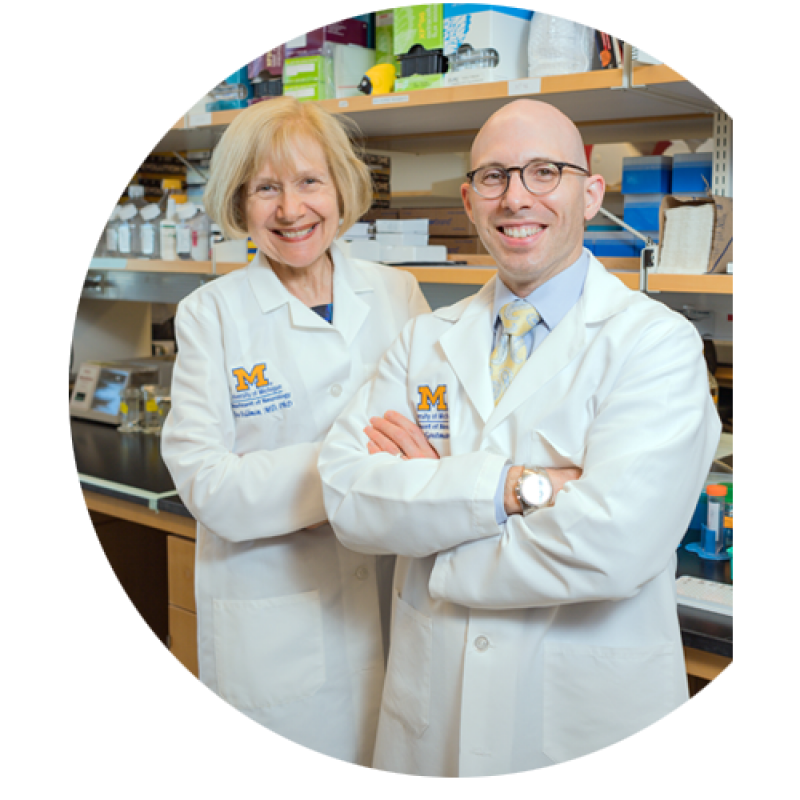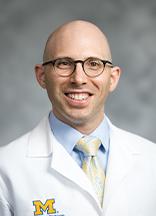
Dr. Eva Feldman, director of both the NeuroNetwork for Emerging Therapies and ALS Center of Excellence at Michigan Medicine, is a pioneer in the study of how the environment impacts amyotrophic lateral sclerosis (ALS) onset and progression. To begin the next decade of research, she is embarking on the science of the exposome, which is defined as a person's lifestyle, diet and daily environmental exposures. This new science recently received $2.5 million of support over the next five years from the National Institutes of Health.
This week, Dr. Feldman and Dr. Stephen Goutman, associate director of the ALS Center of Excellence, co-authored a viewpoint article in JAMA Neurology to advocate for national and international research into the impact that environmental risks, such as pesticides and air pollution, have on ALS and other neurological diseases.
JAMA Neurology | Voicing the Need for ALS Environmental Research
In 1962, Rachel Carson, M.S., published Silent Spring, a book detailing the negative impact of widespread persistent pesticide use on the environment. The book led to public awareness of the damaging effects of pesticides, and it ignited the movement that would ultimately lead to the creation of the U.S. Environmental Protection Agency in 1970. The book’s title is a reference to pesticide-induced thinning of bird eggshells, leading to breakage, a reduction in bird populations, and the resulting loss of birdsong.
ALS is a neurodegenerative disease that leads to progressive weakness and acute disability that can physically silence persons living with the disease. Fortunately, those that treat, research, and advocate for persons with ALS will not be silenced, and it is with this impetus that we focus our attention on the environmental factors that influence ALS. This is of critical importance because we need to better elucidate ALS pathomechanisms to identify modifiable disease risks to lower incidence and develop treatments to improve patient outcomes.
Highlights from Drs. Feldman and Goutman include:
- We must define the ALS exposome, the cumulative measure of life-long exposures, and how they relate to ALS onset and progression. This requires us to quantify all environmental exposures from the earliest stages prior to disease onset and throughout ALS development.
- Among the possible environmental ALS risks, our group has recently reported that pesticides increase ALS risk and that higher concentrations of persistent organic pollutants are associated with a poorer ALS survival.
- Insights into ALS mechanisms that are influenced by environmental triggers will pave the way for a better understanding of gene-environment interactions and ALS disease triggers.The ability to identify specific environmental toxins can promote cleanup efforts and public awareness campaigns. The time to act is now.
- All ALS stakeholders should encourage participation in the National ALS Registry to improve case ascertainment, better track disease, and build the knowledge base and cohorts necessary for this research.

Eva Feldman, MD, PhD

